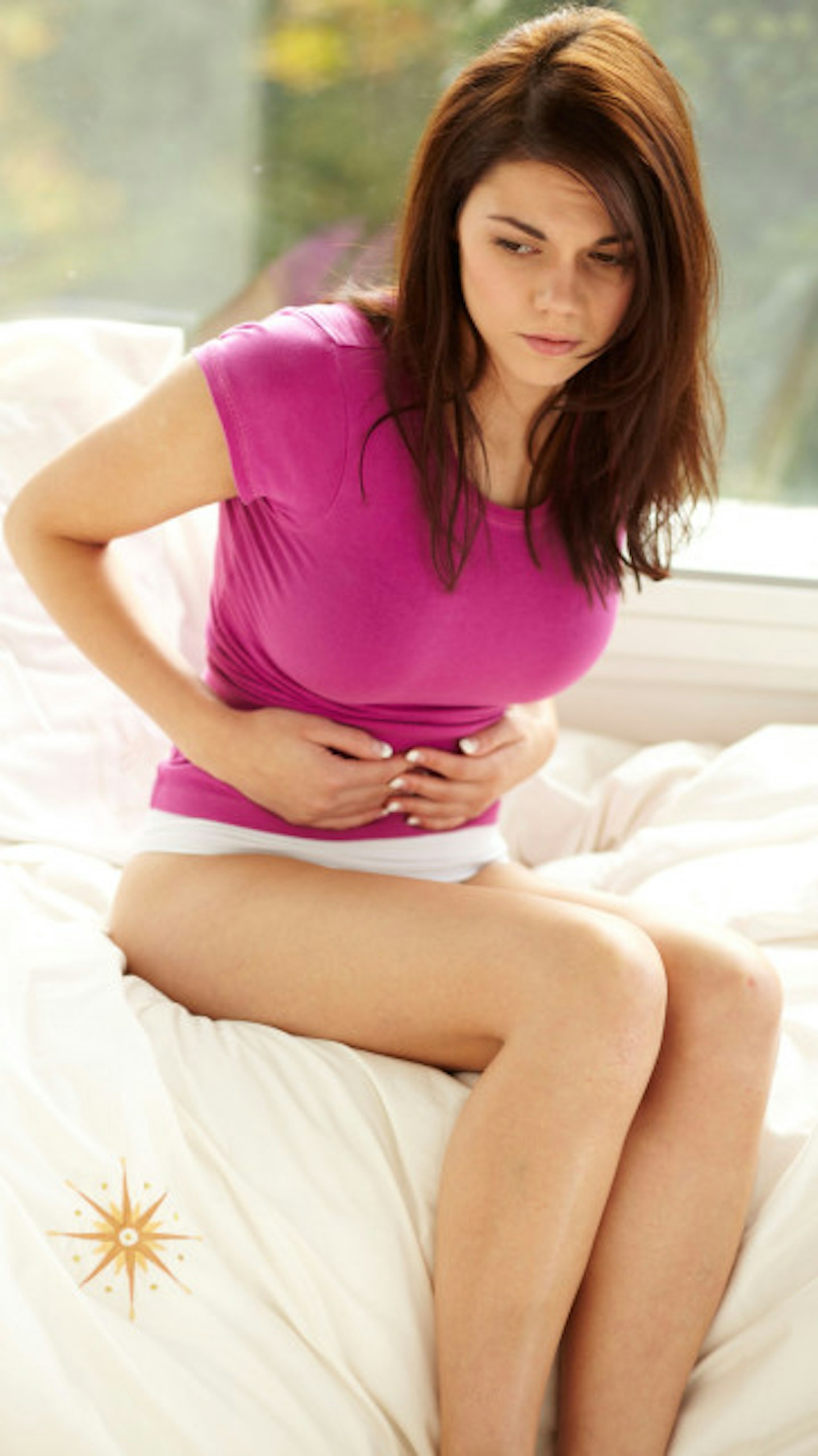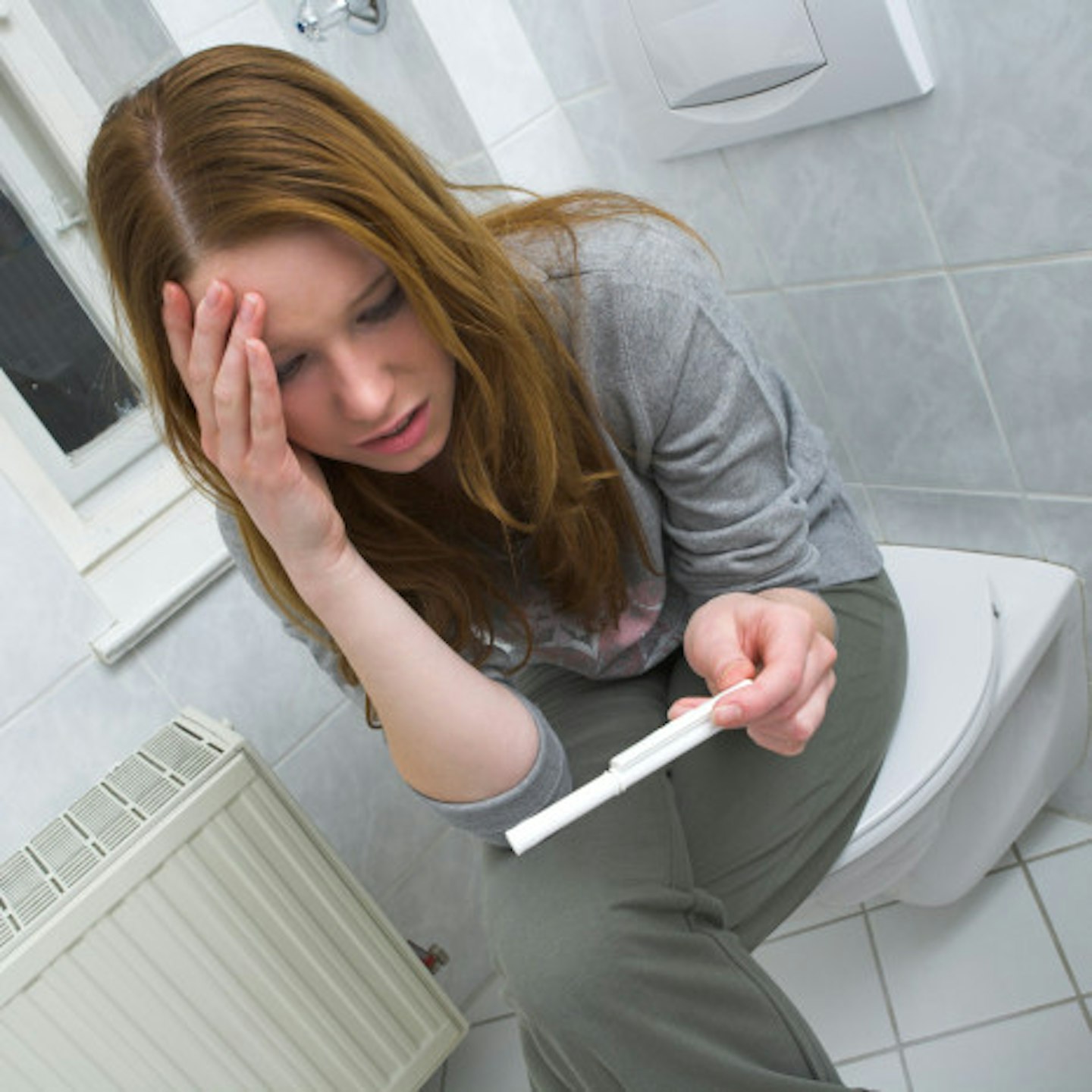Infertility is when a couple cannot get pregnant, despite having regular unprotected sex.
Around one in seven couples may have difficulty conceiving, which, according to the NHS, works out as approximately 3.5 million people in the UK.
They explain: “For couples who have been trying to conceive for more than three years without success, the likelihood of pregnancy occurring within the next year is 25% or less.”
What are the symptoms of infertility in women?
The main symptom of infertility is the inability of a couple to get pregnant after a year of trying - and there may be no other outward signs or symptoms.
However changes to your menstrual cycle or ovulation can be a symptom of infertility.
These include:
-
Period cycles that last too long (35 days or more)
-
Period cycles which are too short (less than 21 days)
-
Abnormal periods, with heavier or lighter bleeding than usual
-
No periods (either you have never had one, or they have stopped suddenly)
-
Pain during sexual intercourse
-
Milky white discharge from nipples - unrelated to breastfeeding.
-
Irregular periods / infrequent ovulation (where the number of days between each period varies each month)
-
Painful periods (cramping, back pain, and significant pelvic pain)
-
Ovulation disorders
According to the NHS, ovulation problems can occur as a result of many conditions, such as:
-
Polycystic ovary syndrome (a condition that makes it more difficult for your ovaries to produce an egg)
-
Thyroid problems (both an overactive thyroid gland and an underactive thyroid gland can prevent ovulation)
-
Premature ovarian failure (where a woman’s ovaries stop working before she is 40)

A hormonal imbalance or abnormality can also delay or prevent the ovaries from releasing an egg.
Symptoms that suggest a hormonal abnormality include:
-
Unexpected weight loss or gain
-
Fatigue
-
Excessive hair growth or hair loss
-
Acne
-
Changes in sex drive or desire
According to the NHS, the following can all also cause infertility in women:
-
Scarring to the fallopian tubes or cervix (usually brought about by surgery)
-
Cervical mucus defect (if there is a problem with your mucus, it can make it harder to conceive)
-
Submucosal fibroids (benign tumour that grow in, or around, the womb)
-
Endometriosis (a condition where small pieces of womb lining start growing in other places, such as the ovaries)
-
Pelvic Inflammatory Disease (often the result of an STI, this is an infection of the upper female genital tract)
It is worth pointing out that some medications or drugs, such as antipsychotic or chemotherapy medicines, can also affect your fertility.
Long-term use of a high dosage of NSAIDs (non-steroidal anti-inflammatory drugs), such as ibuprofen or aspirin, can also make it more difficult for you to conceive.

What causes infertility in men?
Infertility symptoms in men can be vague, and may go unnoticed until pregnancy is attempted.
However, according to the NHS, the most common reasons for infertility in men are:
-
Low sperm count (too few or no spermatozoa in the semen)
-
Low sperm mobility (the sperm don't move as well as they should)
-
Malformation of the sperm
-
Blocked sperm ducts
-
Alcohol (men who drink more than three to four units of alcohol per day may find their fertility affected)
-
Ejaculation disorders (such as retrograde or premature ejaculation)
-
Hypergonadism (an abnormally low level of testosterone, usually due to a tumour, taking illegal drugs or Klinefelter's syndrome)
-
Testicular infection
-
Testicular cancer
-
Overheated testicles (very tight trousers, or spending too long in a hot bath, can impair sperm production)
-
Undescended testicles (when one or both of the testicles has not descended into the scrotum)
-
Trauma (injury) to the testicles

What increases the risk of infertility in both men and women?
In addition to age-related factors (in women, fertility declines with age, and even more so after the age of 35. In men, those who are 40 or over often see a decrease in fertility), increased risk for infertility is associated with the following:
-
Multiple sexual partners (increases risk for sexually transmitted diseases)
-
Sexually transmitted diseases (particularly chlamydia or gonorrhoea)
-
History of orchitis or epididymitis in men
-
Mumps (men)
-
Varicocele (men)
-
A past medical history that includes DES exposure (men or women)
-
Eating disorders (women)
-
Being overweight or obese (men and women)
-
Being underweight (women will not ovulate if severely underweight)
-
Long-term (chronic) disease such as diabetes
-
Smoking
-
Stress
When should I see a doctor?
When to seek help depends, in part, on your age.
-
If you're in your early 30s or younger, most doctors recommend trying to get pregnant for at least a year before having any testing or treatment.
-
If you're between 35 and 40, discuss your concerns with your doctor after six months of trying.
-
If you're older than 40, your doctor may want to begin testing or treatment right away.

REMEMBER:
A person who has infertility has a reduced ability to have a child. It doesn't necessarily mean that they are sterile / will never go on to have a child. In fact, more than half of couples who seek infertility treatments eventually become pregnant.
